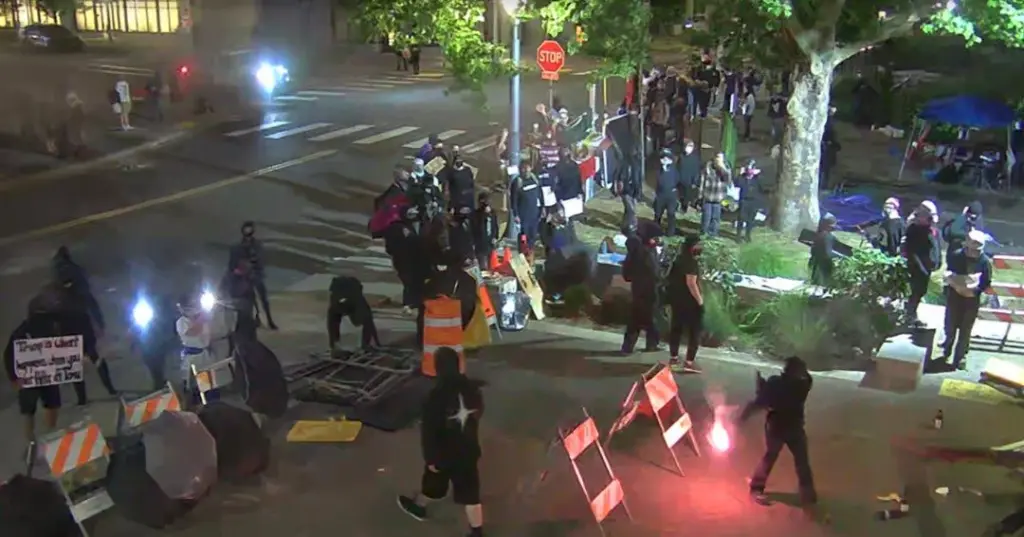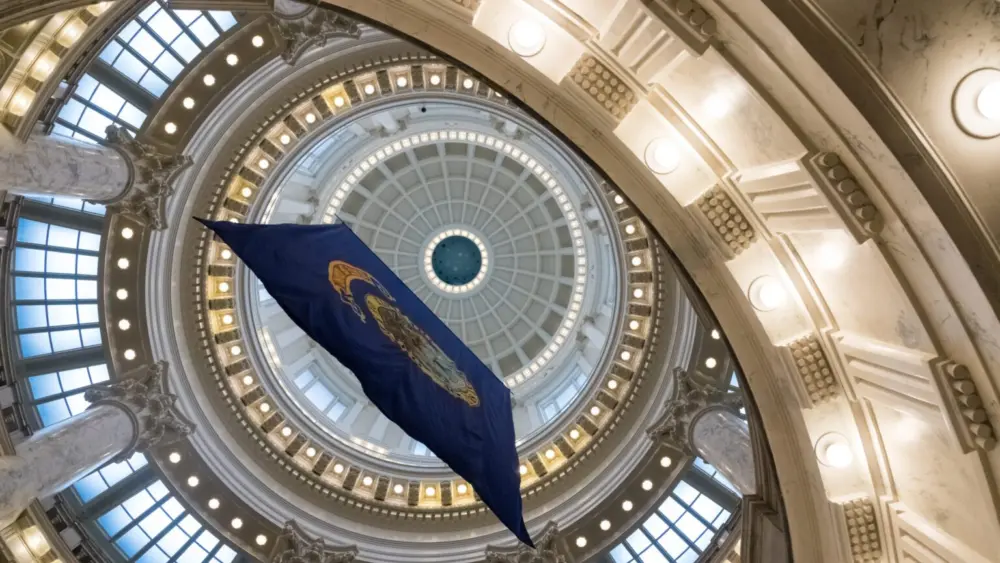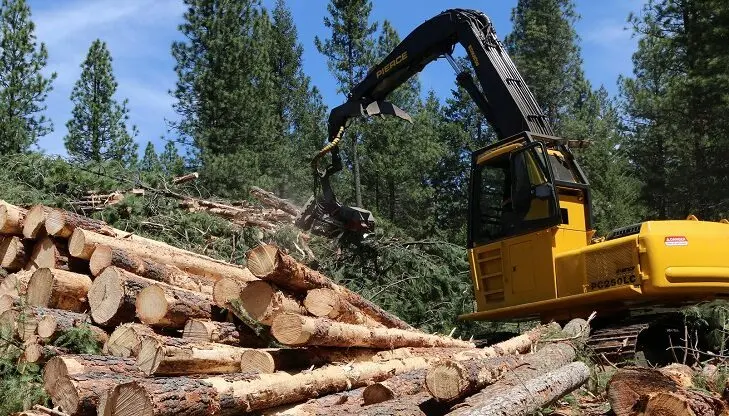PORTLAND, OR – As masked and costumed protesters demonstrate outside federal immigration facilities nationwide, the federal government has sped up the start of a new rule that may expose those protesters to fines and additional penalties.
Under the new rule, which took effect Wednesday, those fines can apply to people who commit crimes near federal property as well as on it, giving the Department of Homeland Security what it calls “enhanced charging authority.”
The agency said the intent of the change is “to address violations occurring both on and off property to the extent it affects federal property and the persons thereon.”
The rule had been scheduled to take effect Jan. 1, but on Tuesday in the U.S. District Court for the District of Alaska, a member of the local U.S. Attorney’s office requested a court order to implement a new list of fines for minor offenses under the rule.
In a court filing, Assistant U.S. Attorney Seth Beausang wrote: “The United States Attorney’s Office was informed today that the effective date of the regulations … may be advanced to November 5, 2025.”
Federal officials said there will be similar filings in other courts across the country during the coming days and weeks as the federal government implements the rule, which was proposed in the final days of the Biden administration and finalized in June under the Trump administration.
After an inquiry by the Alaska Beacon on Tuesday morning, the Department of Homeland Security issued a news release saying that the accelerated timeline is intended “to address a recent surge in security and public safety threats.”
“DHS is using every tool possible to protect the lives of our law enforcement as they face a surge in violence and lawlessness at many of our federal facilities,” DHS Assistant Secretary Tricia McLaughlin said in the news release. “We’ve seen rampant violence against law enforcement including our officers shot at, rammed by vehicles, assaulted and threatened.”
Some of the items on the list of fines are simple updates of the current list, which was enacted in 2014.
There are new additions as well.
The fine schedule includes a $500 penalty for “obstructing the usual use, enjoyment or access to federal property.”
In Chicago, several people — including Democratic U.S. House candidate Kat Abughazaleh — have already been accused of federal crimes for allegedly blocking vehicles outside a federal immigration facility.
In Portland, protesters have taken to wearing inflatable costumes and other outlandish outfits outside of the city’s Immigration and Customs Enforcement building. The new fine schedule calls for a $200 penalty for “wearing a mask, hood, disguise or device that conceals the identity of the wearer when attempting to avoid detection or identification while violating any federal, state or local law, ordinance or regulation.”
While implementation of the new fines was sped up since the start of protests outside immigration facilities this year, the new proposal was actually written before those protests began.
They were drafted during the Biden administration by the General Services Administration, which operates federal buildings, and the Department of Homeland Security’s Federal Protective Service, which coordinates security.
In the January notice that proposed the new fines, the agencies said that DHS will “more effectively effectuate crowd management by citing and releasing criminal actors rather than requiring an arrest and detention.”
The new fines cover “approximately 8,500 federal facilities,” according to the Federal Register notice, and — in another change from prior practice — apply “to criminal misconduct that occurs on the federal property and adjacent off-property misconduct that … affects, threatens, or endangers the federal property and its occupants.”
That may have significant implications for the current immigration-facility protests.
Until now, federal citations have been filed almost entirely for actions on federal property, leading to unusual standoffs in Portland and other places where protests have taken place directly adjacent to the federal property line.
This story was originally produced by Alaska Beacon, which is part of States Newsroom, a nonprofit news network which includes Washington State Standard, and is supported by grants and a coalition of donors as a 501c(3) public charity.
This story first appeared on Washington State Standard.





